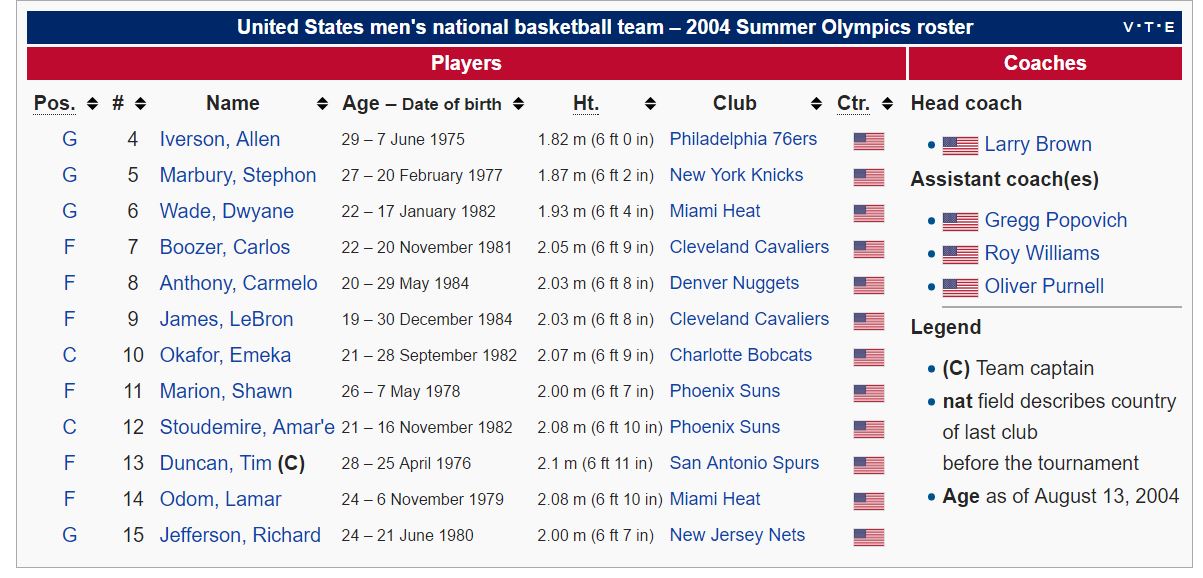I listened to a really interesting HBR podcast recently on the concept of “Macromanagement”. The podcast featured Tonya Menon author of “Stop Spending Start Managing”.
Everyone knows what “micromanagement”is, but what is “macromanagement”?
As Americans we want to be free and independent. We don’t want to be told what to do. Employees hate to be micromanaged. This has caused managers to move to the other extreme where they are completely hands-off and delegate too much.
Menon explained that managers have been sold the myth that if you hire the best people, stay out of the way and “let the magic happen”, brilliant people will execute on their own. The research has shown that what actually happens is poor results and a chaotic work environment.
Managing Super Groups
Menon then went on to further her point by sharing a few stories of “super groups” – these are “best of the best”.
Take the 2004 Olympic basketball team for example. It was considered a dream team, but they lost to very small countries.

The U.S. team had the best players in the world, but ended up losing. Why?
Even super groups fail when there is not enough structure around how the team members operate and who does what. There is massive confusion of roles and responsibilities. These super teams don’t want to admit they need some sort of leadership and structure.
Another example is a group of talented musicians. There must be roles and responsibilities, and sheet music (a playbook) for the entire group or the music is cacophonous .
Even talented Jazz musicians have a structure from which they improvise. It may seem like the music is completely random, but there is a “method to the madness”.
According to Menon, we’ve been oversold the myth that employees “just need to be free” and we want to believe this myth because it’s easier to just hand things off to a group of talented people and let them “figure it out”. Unfortunately, that just doesn’t work. Structure needs to exist for freedom to occur.
The “Garbage Can” Approach To Decision Making
Menon also described what can happen with decision making when the group is not given enough structure.
She called it the “garbage can perspective”, which was a term popularized by Stanford University professor James March to describe a decision making process used many companies. It states that the decision making process becomes random with solutions and problems floating around. No real structure is given to the process. Decisions are made, but the process is completly random. Take a guess on what happens to the quality of the decisions….
What Are The Signs That You Are Macromanaging?
Menon, then went on to describe the three signs that you are macromanaging your people.
- People don’t know their roles
If you were to ask each team member their roles and responsibilities could they tell you?
I hear this quite often as I speak with employees. They are frustrated because they are not exactly sure what they are responsible for and as a result two things happen (1) they miss a priority their supervisor would like them to be focused on, but never told them (2) they end up working on things their supervisor doesn’t really care about. Both cases cause confusion, wasted time and money.
Key Point – Make sure everyone on the team understands their roles and responsibilities.
- There is unresolved conflict
Conflict is normal and it will happen when you have people working together, but teams need a way to manage through the conflict. They need rules of engagement and a leader to help them navigate through the issues. You can’t just leave it up to the members of the team to figure it out…
Key Point – Set the ground rules on how conflict and disagreement will be managed.
- When you think you’ve been clear on the final product you’re looking for and the team comes up with a completely different product than you wanted
Again, the team needs to have clear priorities and expectations with sufficient detail to avoid any ambiguity. If you leave it too open-ended they will come up with their own priorities.
Key Point – Work with the team to come up with clear goals and KPIs so they know what’s expected. Contact us (shameless plug) for a free demo of out software which can help drive clarity around goals and how success is measured.
{{cta(‘b9a3ed81-299b-48e2-8fb9-4e9557ca62b9’)}}
Are you a macromanager? Do you need help filling the gap between your vision and creating a clear unambiguous plan that your team can execute on? We can help. Contact us for a free 15 minute consultation.
